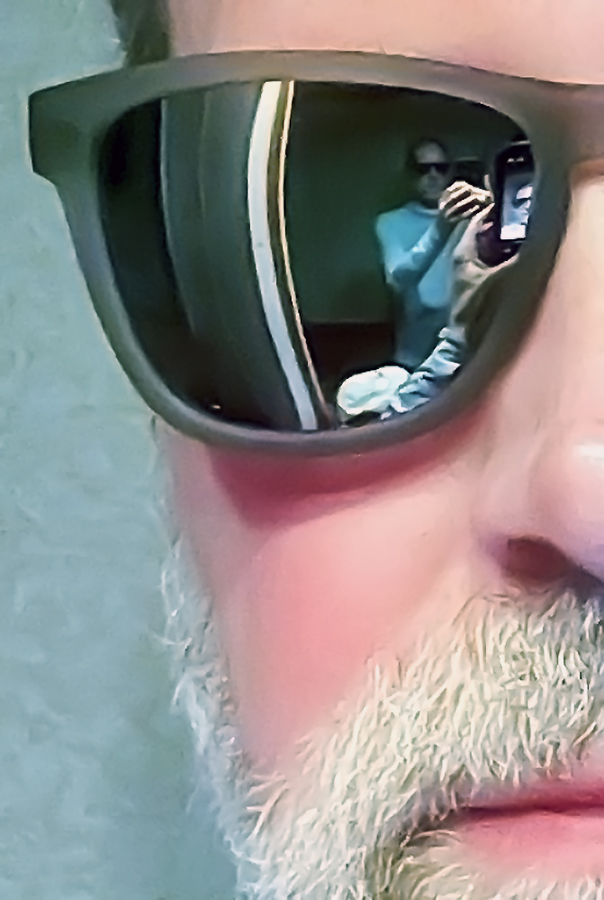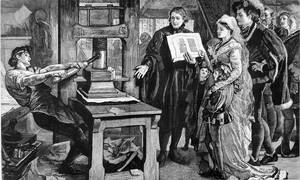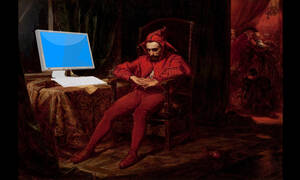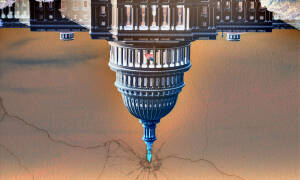On this Independence Day, I salute editors—those unseen gatekeepers who make writing better and whose absence highlights the risks of too much independence.
Freedom. Liberty. Rugged individualism. They are in our national DNA and inseparable from American culture. But like anything good and valuable, we can devalue them through excess.
We should remember that even as the founding fathers were declaring independence from King George III, they were working together, and often quarreling intensely, on behalf of the United Colonies.
As late as June 11, 1776, five colonies voted against the Lee Resolution, which renounced allegiance to the British Crown and called for all political connections with it to be “totally dissolved.”
New York abstained, joining New Jersey, Pennsylvania, Delaware, Maryland and South Carolina in trying to slow down the process of rebellion. Some thought reconciliation was still possible. Some wanted clearer direction from the people they represented back home. Some thought the colonies needed to make their case in a more thorough and compelling document.
The Continental Congress adjourned, appointing a Committee of Five to draft that document. The five recognized Thomas Jefferson as their most skilled writer and asked him to produce the draft. He wisely sought editorial help:
“I drew it; but before I reported it to the committee I communicated it separately to Dr. Franklin and Mr. Adams requesting their corrections. . . I then wrote a fair copy, reported it to the committee, and from them, unaltered to the Congress.”
Thanks to our Library of Congress, you can view a readable version of Jefferson’s “original rough draught” and see the messy committee markups.
The Continental Congress adopted the final document July 4, 1776, but not before making some final edits of its own. The takeaway: there were many sets of eyes on the document before It was printed and distributed.
Scholars have endlessly debated the changes that went into the Declaration of Independence, including a pointy-headed rumpus two years ago over whether a spot on the official transcript at the National Archives and Records Administration is a period used for punctuation or an errant splotch of ink.
We can only guess what Thomas Jefferson would have thought of Twitter, but suffice to say that the final draft of the Declaration of Independence contains 1,458 words and takes about 10 minutes to read.

This tweet has been removed
Today, we see politicians repeatedly forced to “walk-back” their live comments to reporters and to remove or alter offensive social media posts. Misspeaking occasionally in public is one thing, but repeatedly publishing statements on social media with obvious factual errors or offensive messages that you later claim you did not mean is suspicious.
The late Bob Schieffer, who rose from newspaper reporter in Texas to national television icon, bemoaned how digital technology, websites and social media have changed journalism, both enabling and pressuring people to publish information before it was ready. I had the privilege to meet Schieffer some years back and recall vividly the words he spoke to me:
“I worked at a lot of small-town newspapers, and every one of them had an editor,” Schieffer said. “That is what is too often missing today.”
Like other independent writers, I enjoy the freedom to post blogs on a website that isn’t beholden to any boss, advertiser, or corporate overlord. But I don’t slap things up without letting another set of eyes review my work. That unseen gatekeeper is usually my wife, so a shout out to her is in order.
She has steered me away from trouble in so many ways beyond writing. Being independent is great, but in writing and in life, we all need supportive people around us.
![]()




